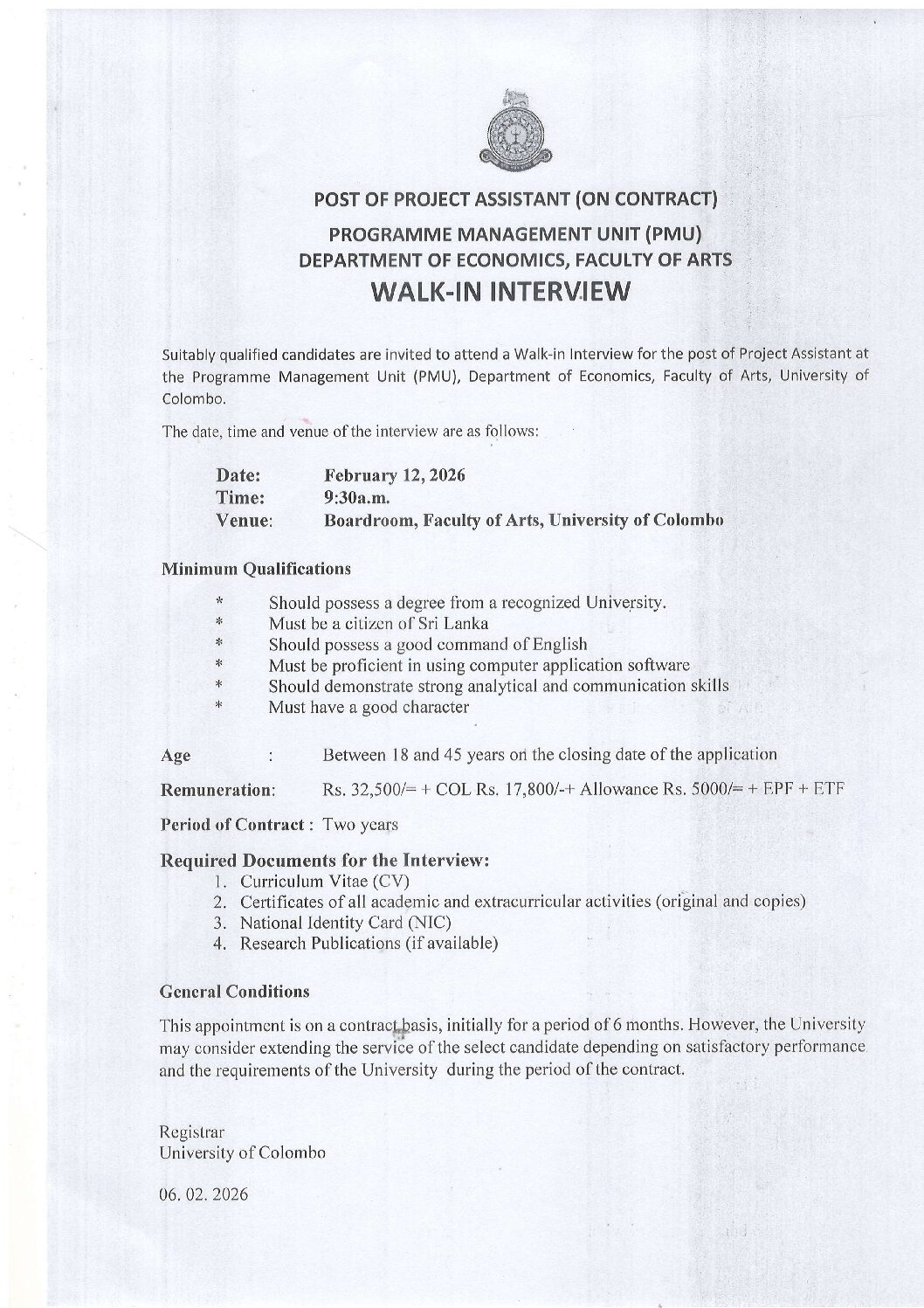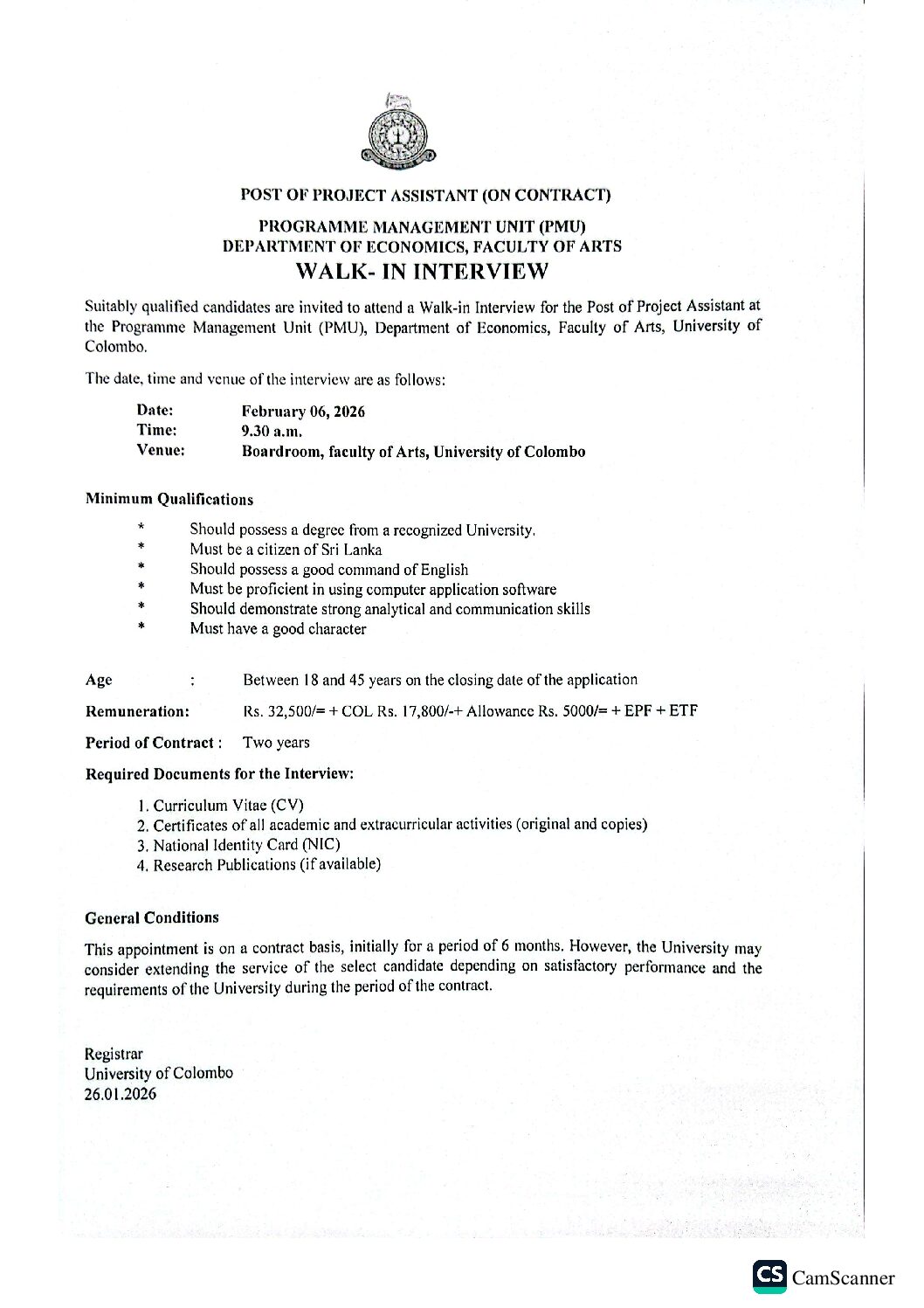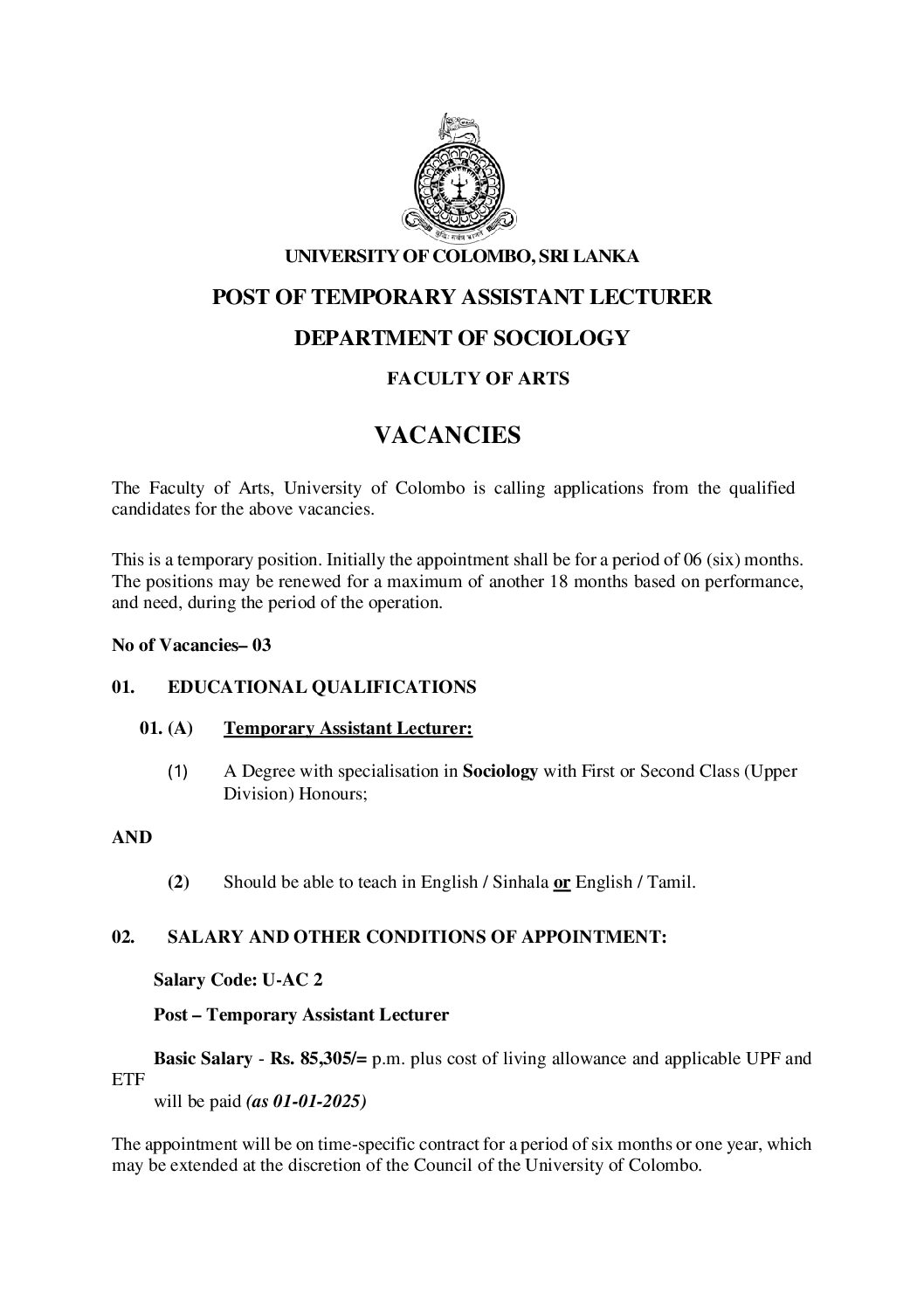
Webinar Series -Lecture 5 on “Revisiting Disaster Risk Governance” – 06th Aug.
The fifth lecture of the webinar series which is organized as part of the 15-year celebrations of the Social Policy Analysis and Research Center (SPARC), Faculty of Arts, University of Colombo was held on 6th August 2021 from 3.00-4.00 p.m. via Zoom. Dr. Jonatan Lassa who is a senior lecturer in humanitarian, emergency and disaster management of the Charles Darwin University, Australia shared his views on “Revisiting Disaster Risk Governance: observation of progress in theory and practice” at this session. Dr Lassa is an interdisciplinary social scientist with an engineering background who has been trained in the human and policy dimensions of disaster management research, civil engineering, development studies, environment and sustainable development, climate adaptation, food security, sociology of knowledge and humanitarian studies. In addition to his academic background, he has also gained real-world professional experience by working with more than 30 international agencies, including third world NGOs, INGOs, United Nations organisations, the private sector, think tanks and academic organisations.
Dr. Lassa initiated his presentation by defining the core concept of his presentation which is Disaster Risk Governance (DRG). Given his expertise and experience in the field, Dr. Lassa provided his own definition of DRG as the ‘way society as a whole, regardless of the form of clear cut entities/units such as individual/household/district/country or networked agents/institutions, manages the full array of its disaster risks that may be triggered by geological hazards, climate change and hydro-meteorological hazards, conflict, and war risks.’ This definition was used and publicized through his PhD thesis in 2011. Dr. Lassa also provided a brief overview of the use of DRG by Disaster risk management academics and professionals in the last ten years and reflected on the use of the term while identifying some merits and pitfalls of the DRG concept. The lecture ended with a Q & A session where participants were given an opportunity to clarify any doubts or raise questions based on the session. The lecture was a platform to discuss and improve existing knowledge and the practical applicability of the DRG concept.








